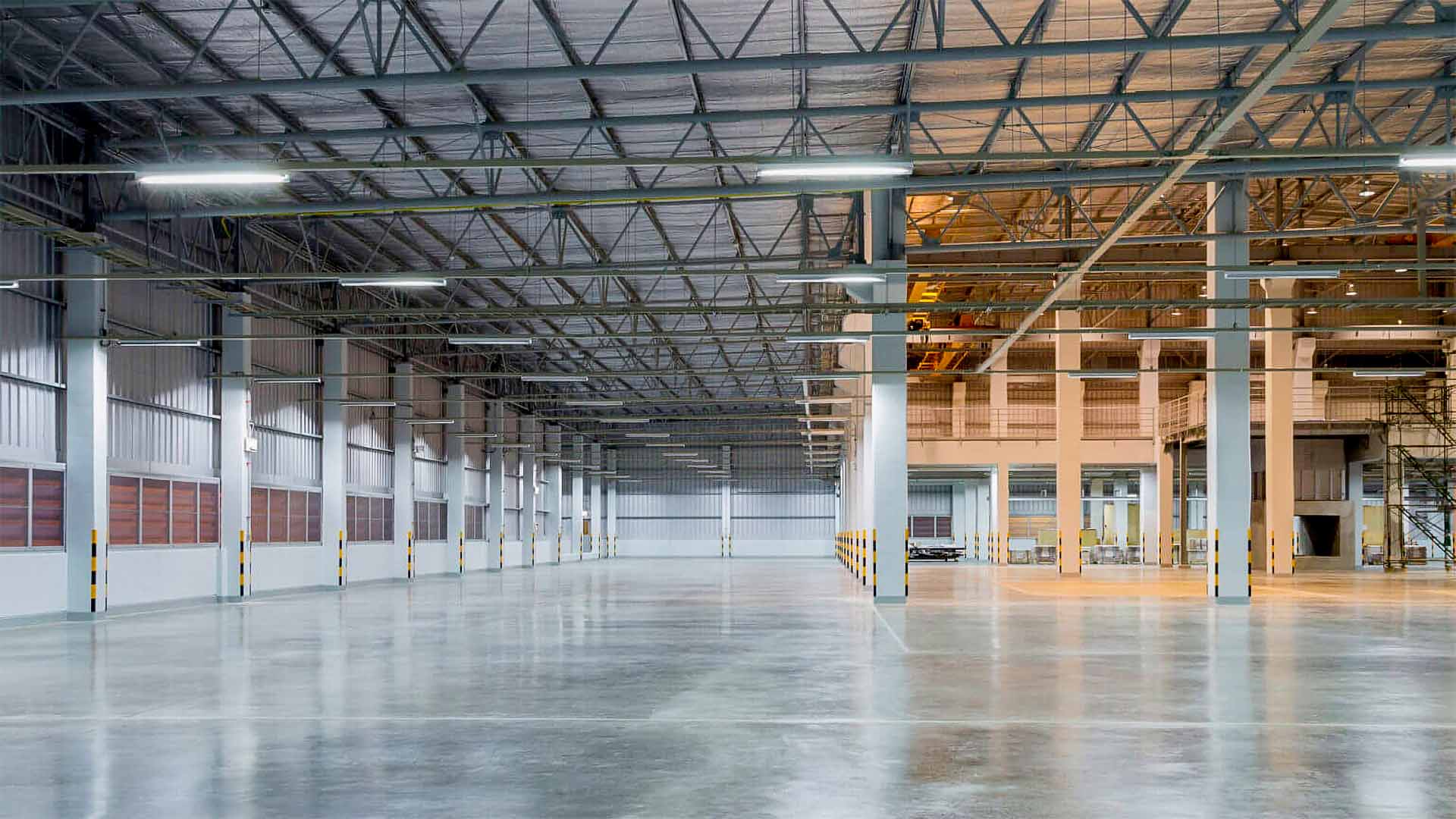Contract Warehousing: What is a contract warehouse?
For any business that deals with physical goods, warehousing is a necessary part of day-to-day operations. In this article, we discuss contract warehousing, the benefits of this type of warehouse, and its differences from traditional warehousing.

Table of Contents
What is contract warehousing?
Contract warehousing is when a third-party company owns and manages a storage facility on behalf of one ore more clients for a set period of time. Agreements such as these may include services such as basic storage, fulfillment, packaging, and even light manufacturing. It’s important to understand that a contract warehouse is not the same as 3PL warehousing. The two are similar but technically different which we will discuss in more detail later in this article.
Contract Warehousing Benefits
When deciding to contract with a third-party provider for your warehousing needs, there are some benefits to consider. Depending on your priorities, these benefits may fit well with your company or not. While all these benefits are great, be aware of the time commitment under a contract agreement. Most contract warehouses agreements extend for 3-5 years. This means you are liable for fixed costs even if you are not utilizing all of the space or services.
Inventory Management
We provide a VMI (vendor managed inventory) service at AMS. With this service, we manage our customer’s inventory by gathering forecast data and projecting inventory needs for each quarter. This means that our customer enjoy the benefit of lower cushion stock levels without an increasing concern of stock-outs. A contract warehouse can perform a similar service for their customers.
Lower Capital Expenditure
Under a contract warehouse scenario, you do not own or operate the services or facilities. Because of this, initial expenses to build the facility and get it up and running are not your burden. Instead, you pay a set monthly fee for a similar set of services. Over time this fee may be more costly for your company than in-house warehousing operations. However it should prove to be drastically less expensive (and less headache) than building out your own facilities and operation.
Lower Costs
In addition to lower up-front costs, a contract warehouse (in some circumstances) can be less expensive than in-house operations. This is because many contract warehouses operate on a much larger scale than individual operations. Large scale facilities, therefore, can achieve greater economies of scale and pass those savings onto you. This can come in the form of labor costs, infrastructure, and even simple things like utilities.
Customizable Services
As mentioned above, contract warehouse providers can tailor their services to meet the specific needs of your business. For example, a contract warehouse can implement PAD printing on certain SKUs before packaging and shipping. Whereas traditional 3PL warehousing may not be able to customize their workflow specifically for your needs.

Types of Contract Warehouses
There are two types of contract warehouses, dedicated and shared. However the main differences are the level of attention and customization in the third-party services. Shared warehouses split the focus between multiple contracted clients. Because of this, you will naturally have less flexibility in the level of service. On the other hand, services in dedicated warehouses tailor to a single customer. If you want a deeper dive into dedicated and shared warehousing, read the article linked above.
Contract warehousing is different than 3PL warehousing.
It’s important to note that 3PL services are not the same as contract warehousing. While some 3PL companies may offer contract warehousing, the two are not the same. A 3PL service provider usually stores material on a per-month basis while also providing fulfillment and logistics operations for material.
A contract warehouse differs from this, however, in that it is a long-term agreement. A fixed monthly cost usually accompanies this agreement. Whether it is a shared or dedicated type of warehouse, however, doesn’t matter. With the exception that scaling a shared warehouse up and down is much easier. In both types of contract warehousing, the cost is fixed every month.
If you would like to know more about the other types of warehouses you can refer to our post on the different types of warehouses.
There was a time when businesses revolved centrally around the customer and their needs. Decisions were made based on what is best for the customer first. People did what they said they would, and jobs were completed on time. AMS carries on the tradition of customer service today.
